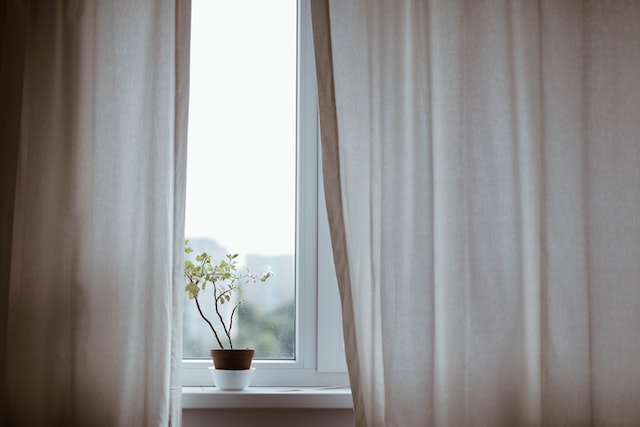There are many different types of Glasgow double glazing for windows and doors. They are both essential components of any house and provide several benefits, including sunlight and ventilation. Choosing the correct glazing will help to ensure maximum energy efficiency and minimize heat and air leakage. In addition, the right glazing will reduce condensation, which means you will spend less on heating and cooling your home.

Insulated glass
Insulated glass for windows is becoming an increasingly popular choice among homeowners. Its extra layer of glass reduces noise and provides additional security. Insulated glass also protects your belongings from bad weather and bad people. However, high noise levels can be a real nuisance, so that double-pane glass can make a big difference.
Insulated glass for windows is an excellent way to combat the problems associated with heat loss through the glass. Typically, insulated glass units consist of two panes of glass separated by an inert gas that diffuses the heat transfer. These windows are found in most modern homes and offer the same benefits as single-, double-, and triple-pane windows.
Low-e glass
Low-E glass is a type of glass used in Glasgow double glazing windows to uphold cool interior temperatures. This glass is created by applying a thin layer of metallic particles to the glass. The most effective type of low-E coating is known as a “soft coat low-e.” This coating is applied in a vacuum chamber, producing a consistent finish on both sides of the glass. The coated face of the glass is on the inside of the double-pane unit and cannot be touched. This coating reduces heat transfer while blocking UV rays, while allowing visible light to filter in.
Low-E glass also reduces energy consumption and heating loss. The low-E coating can be found on single or double-hung windows. The coating is not self-cleaning, however. Instead, it helps reduce smudges and dirt on the glass. It is also important to note that it can’t be scratched off because the glass is added between the glass pieces.
Reflective glass
Reflective glass for windows is a fantastic way to increase your energy efficiency in your home. Not only does it reduce heat loss from your home, but it can also stabilize the temperature of your room. This material is perfect for homes that are not in climate zones that are constantly changing and can even protect from power outages.
Reflective glass for windows is available in various finishes. Some are tinted to make them appear more appealing to the eye, while others are made from metallic glass. Regardless of its appearance, it helps reduce glare, a common cause of eye strain and irritation.
Float glass
Float glass for windows is a type of glass with a slightly greenish appearance. The exact colour depends on the thickness and viewing angle of the glass and is caused by the amount of iron oxides in the glass. Lighter glass can be made using a raw material low in iron oxides. The more lightweight glass appears more transparent and turquoise in colour. White glass is another popular option for glass windows, furniture, and aquariums.
Float glass is made using a manufacturing process similar to flat glass. First, raw materials are brought into a float bath and slowly cooled to form ribbon-like shapes. These sheets are then rolled onto conveyor belts, which are polished to ensure they have a uniform surface.

